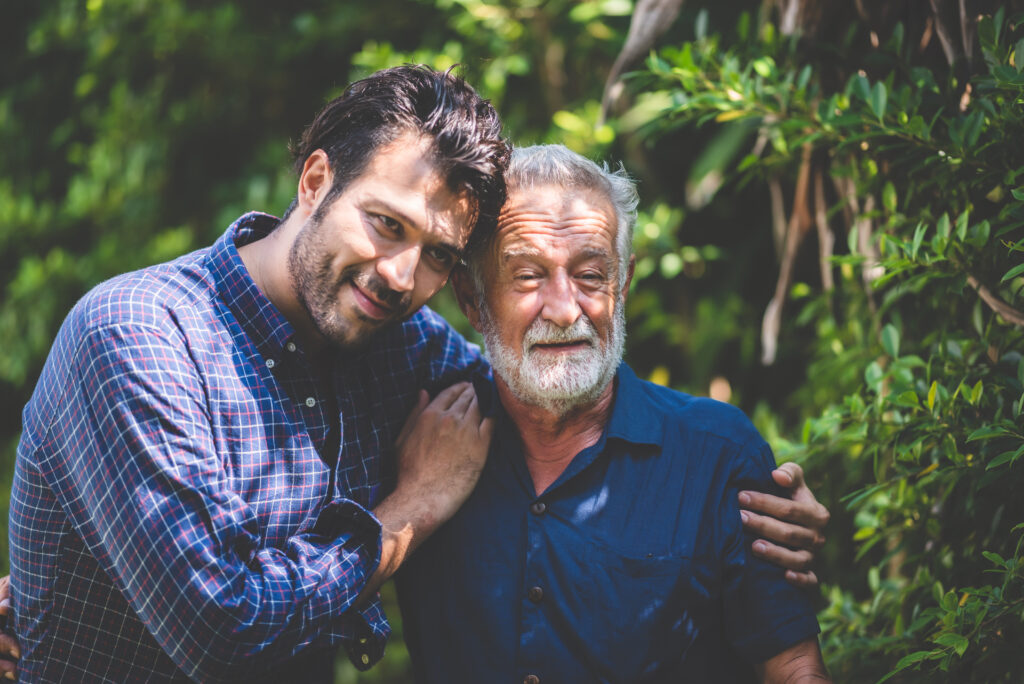**Understanding Why Dementia Patients May Suddenly Talk About Deceased Loved Ones**
Dementia is a condition that affects the brain, causing problems with memory, thinking, and behavior. It can be challenging for family members and caregivers to understand and support loved ones with dementia, especially when they start talking about deceased family members. Here’s why this might happen and how you can help.
### Why Do Dementia Patients Talk About Deceased Loved Ones?
1. **Memory Loss and Confusion**: People with dementia often have trouble remembering recent events and conversations. However, they may still have vivid memories of the past, including times with deceased loved ones. This can lead to sudden conversations about people they haven’t seen in years.
2. **Emotional Connection**: Dementia patients may feel a strong emotional connection to their memories, even if they can’t recall recent events. Talking about deceased loved ones can be a way for them to feel comforted and connected to their past.
3. **Grief and Bereavement**: Just like anyone else, people with dementia can grieve the loss of a loved one. They may not fully understand that the person has passed away, leading to repeated questions or conversations about the deceased.
4. **Sensory Triggers**: Certain sights, sounds, or smells can trigger memories and conversations about the past. For example, looking at old photos or listening to music from their youth might bring back memories of deceased family members.
### How to Support Dementia Patients
1. **Acknowledge Their Feelings**: When a dementia patient talks about a deceased loved one, it’s essential to acknowledge their feelings. Let them know that you understand their emotions and are there to support them.
2. **Reminiscence Therapy**: Encourage reminiscence by looking at old photos, listening to music, or engaging in activities they enjoyed with the deceased. This can help them feel more connected to their past.
3. **Be Patient and Clear**: When communicating with a dementia patient, take your time and be clear. Avoid asking them to repeat themselves or getting frustrated if they don’t understand immediately. This can help reduce stress and confusion.
4. **Handle Grief Sensitively**: If a dementia patient is grieving the loss of a loved one, handle the situation sensitively. Avoid telling them that the person has died if it will cause distress. Instead, focus on supporting their feelings and providing comfort.
5. **Seek Professional Help**: If you’re struggling to support a dementia patient, consider seeking help from a dementia support worker or specialist nurse. They can provide guidance on how to handle specific situations and offer additional support.
### Conclusion
Dementia patients may suddenly start talking about deceased loved ones due to memory loss, emotional connections, grief, and sensory triggers. By acknowledging their feelings, using reminiscence therapy, being patient and clear, handling grief sensitively, and seeking professional help when needed, you can provide the support and comfort they need during this challenging time. Remember, every person with dementia is unique, so it’s crucial to tailor your approach to their individual needs and circumstances.



